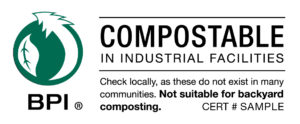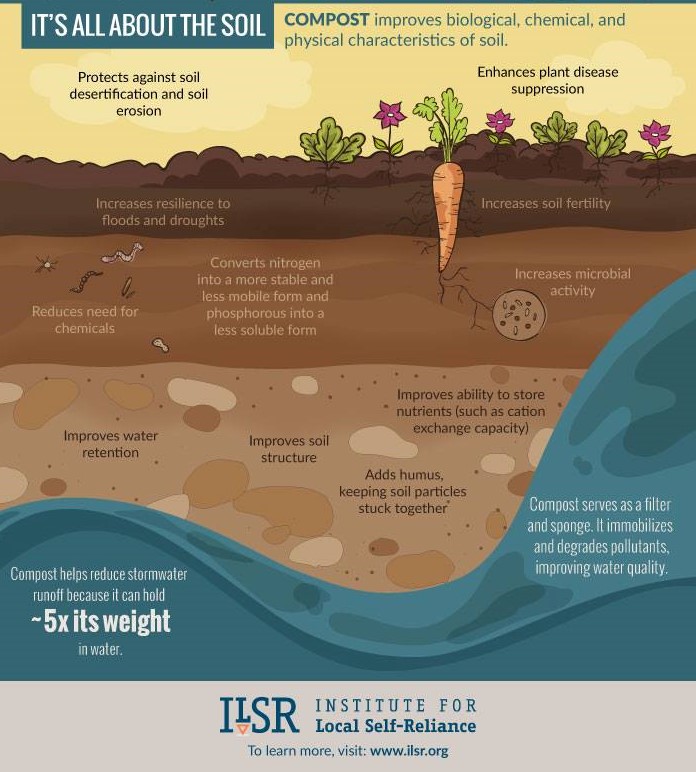STOP FOOD WASTE
If food waste were its own country, it would be the third largest emitter of greenhouse gases, behind China and the United States. The water, land, processing and transport that went into getting our food to market — make it all count by eating what you buy. Also, wasted food = wasted money.
The National Resources Defense Council “Save the Food” initiative has excellent resources, including tips on meal planning and recipes for using up leftovers and food scraps. At epicurious.com, you can type in ingredients you have on hand to find a dish to make.
ReFED is a national nonprofit working to end food loss and waste across the U.S. food system.
Pages 4-11 of this guide by Seattle Public Utilities show how to store 100 fruit and vegetables to prevent spoilage, or check out UC Davis’ one-sheet or tips from Oregon’s “Don’t Let Good Food Go Bad” resource page.
This page from The Cool Down encapsulates a lot of the advice above.
Except for infant formula, dates on food/drink packaging do NOT mean, “throw away” (Source: Food and Drug Administration):
- “Best if Used By/Before” indicates when a product will be of best flavor or quality. It is not a purchase or safety date.
- “Sell-By” date tells the store how long to display the product for sale for inventory management. It is not a safety date.
- “Use-By” date is the last date recommended for the use of the product while at peak quality. It is not a safety date except for when used on infant formula as described below.
Reuse:
Helpline House is the local food bank. Place donations in the drop boxes of the local grocery stores, Safeway and T&C. You may also drop off canned (pull-tops preferred) and boxed food and fresh produce at Helpline during modified donation hours, 9-11am, Monday-Friday, not Wednesday.
BuyNothing: Post them on the BuyNothing app. Neighbors love to receive food items and neighbors with chickens love human food for their hens.
West Sound Wildlife Shelter accepts expired frozen meat. Please call 206-855-9057 before bringing.
Compost:
Why compost?
More than 30 percent of what gets thrown away every day is food waste that could have been composted. When you compost, you keep valuable resources out of the landfill and avoid methane emissions that contribute to climate change. When compost is returned to the soil, it adds nutrients, retains water, increases yields when growing food and stores carbon. Using compost on lawns and gardens also reduces pesticide use, reduces stormwater runoff and returns important nutrients to the soil so more fruits, vegetables, trees, grasses and other plants can thrive. Scroll down to see a great poster.
Bainbridge Disposal offers a curbside subscription service for yard waste, which includes food. (We are lucky: only 5% of U.S. compost facilities accept both yard waste and food.)
You can also drop off food in the yard waste receptacle at the Bainbridge Disposal Transfer Station. There is a minimal charge.
Through Bainbridge Disposal, any type* of food may be composted, including…
- Coffee grounds and paper filters
- Tea bags (remove attachments)
- Nutshells
- Thin shells and bones (no ham bones or oyster shells)
- Produce (remove stickers!!!)
- Dairy
- Meat
- Baked goods
* NO cooking oil or grease. Household cooking oil must be put in the garbage. (It is no longer collected for recycling at the Bainbridge Disposal Transfer Station due to new state recycling regulations.) See this page for how to properly dispose of cooking oil.
 Food may go into your commercial compost cart or to the transfer station yard waste in a BPI-certified compostable bag, such as any that you see on this page.
Food may go into your commercial compost cart or to the transfer station yard waste in a BPI-certified compostable bag, such as any that you see on this page.
Just remember: Do NOT knot your bag. The thickness of the knots keeps them from decomposing in a reasonable time frame.

Last updated 2/20/2024
